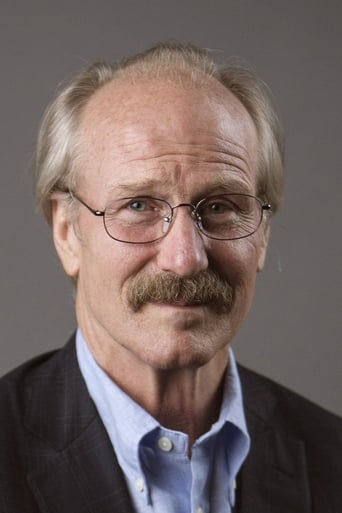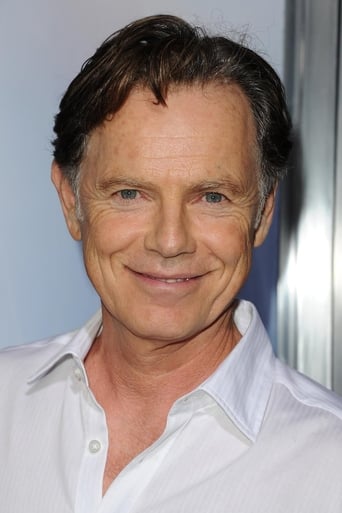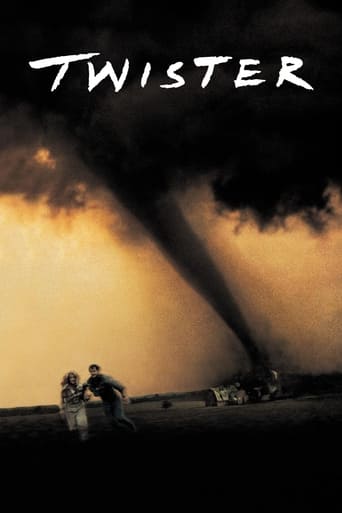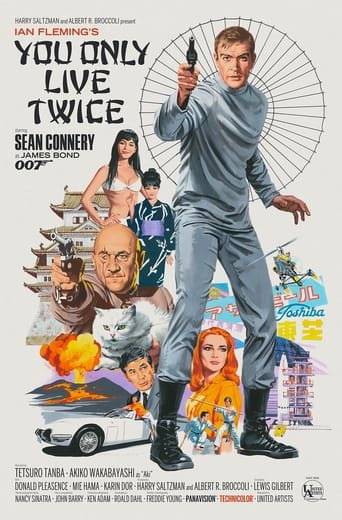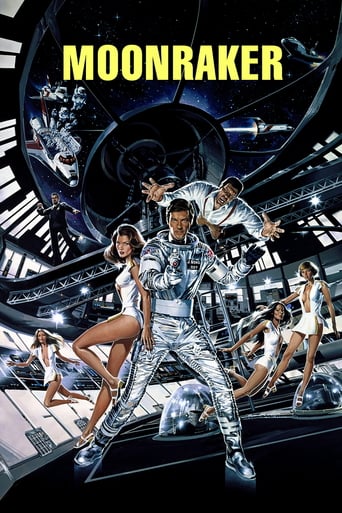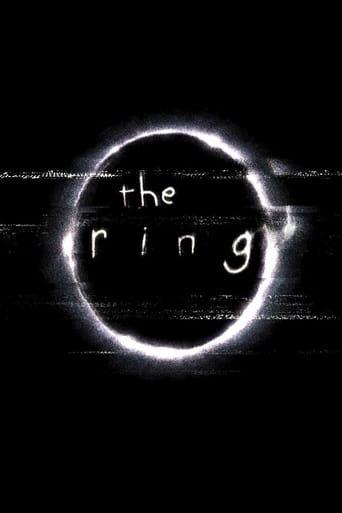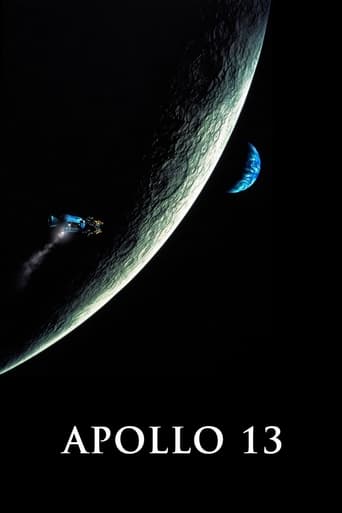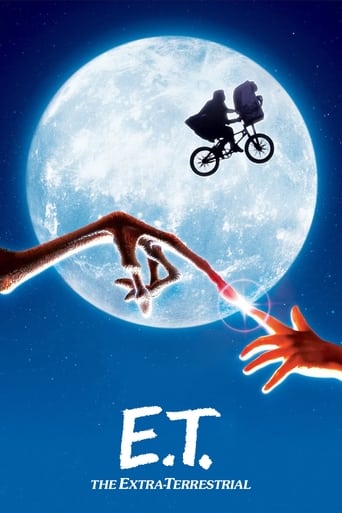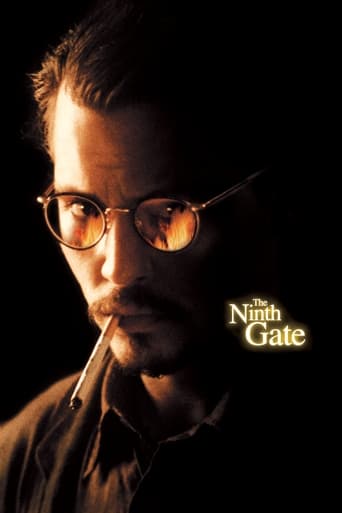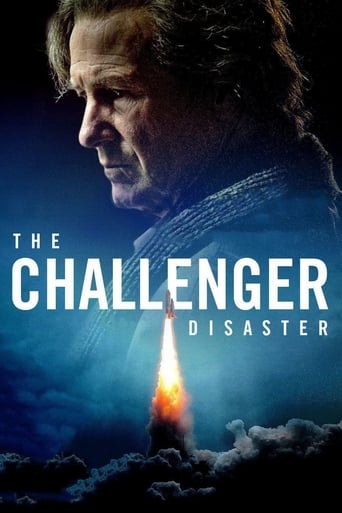
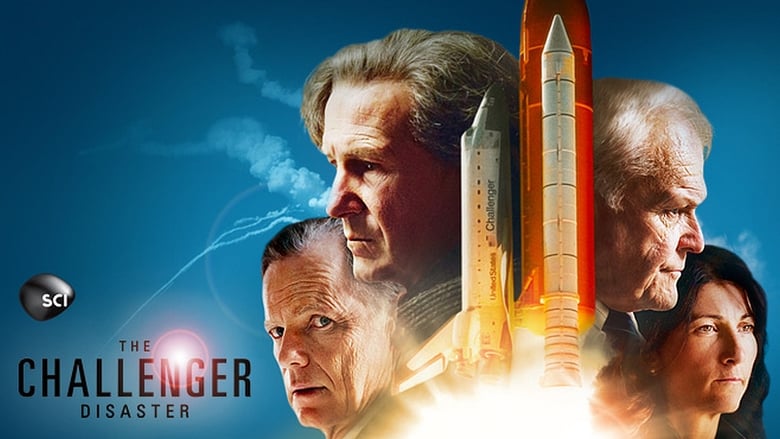
The Challenger (2013)
When the space shuttle Challenger blew up in 1986, it was the most shocking event in the history of American spaceflight. The deaths of seven astronauts, including the first teacher in space Christa McAuliffe, were watched live on television by millions of viewers. But what was more shocking was that the cause of the disaster might never be uncovered. The Challenger is the story of how Richard Feynman, one of America's most famous scientists, helped to discover the cause of a tragedy that stunned America.
Watch Trailer
Cast


Similar titles
Reviews
Admirably done story of physicist Richard Feynman's involvement in figuring out the reasons for the explosion of the space shuttle Challenger in 1988.Three agencies were involved in deciding to launch that freezing morning -- NASA, Raytheon, and Morton-Thiokol. This isn't made clear in the film, because the film is about Richard Feynman. But a New Yorker feature article years ago described what the agencies did about their doubts. Calls were made back and forth between the experts at each agency, each anxious to "check its six o'clock", and the question being asked gradually underwent evolution -- from "Should we launch?" to "Why SHOULDN'T we launch?" The results were disastrous.A committee was formed to investigate the causes of the failure, with Feynman being the only independent members, all the others tied up with the military or with political considerations. But this isn't one of those dumb and oversimplified stories in which there is some sort of military/industrial conspiracy against the whistleblower. It belongs to the genre but is a pretty good example of it. So was the more commercially oriented "The Pentagon Wars." An example of a dumbed-down rendition is "The Insider," which really has little to say and shamelessly invents incidents to hype the drama.William Hurt captures Feynman's personality with accuracy. Not his speech or his gestures. It's not an impression. But he has a grasp on Feyman's inner character -- devoted to science and outspoken. Feynman was actually quite a guy and might be described as abrasive. He didn't hesitate to demolish the ideas of others, whether they were equals or subordinates. He didn't do it viciously. He simply pointed out how stupid the notions were and then went on about his business.The climactic scene is unforgettable. All the engineers (who generally hate physicists for having their heads in the clouds) are testifying before the committee and throwing up a blizzard of jargon about "ambient temperatures" and "Kelvin coefficients" and directions to "the Wheatstone Bridge" and other unfathomable cant in order to keep the water so murky that no one can detect their own part in the catastrophe. I won't give away the climax except to say that Feynman pulls a "Bill Nye, The Science Guy" stunt that shuts all the connivers up and embarrasses the experts.The BBC put this out. I suppose they could afford to be a little less careful with American political sensibilities. William Hurt and his scowl of amazement is about perfect. Feynman's illness isn't dwelt on for sympathetic effect but it was real enough; he died a short time later.
I don't think there isn't anything more infuriating than knowing that simply postponing a launch could have prevented death; that brilliant astronauts would die on the Challenger when it could have been delayed for another time (cold weather and o-rings; it'd seem like a joke if it weren't for the fact that astronauts perished). Physicist Richard Feynman (played in the film by William Hurt in a wig), dying of cancer (possibly related to his days on the Manhattan Project, assisting in mathematic computation, responsible for developing the A-bomb), is brought into the "Rogers Commission" as an independent analyst (while the rest of this group have allegiances and ties to various political/scientific associates/associations, his voice is undeterred by such influences) and he discovers answers that led to the supposed necessity of launching the Challenger that dark day in 1986. With heavy emphasis on Feynman's prospective (it is all from his point of view and through his experiences on the Rogers Commission) during the search for truth (and ability to explain to an audience that can understand and listen to such truth), The Challenger Disaster is an absorbing docudrama that can explain to a cable/television audience the unfortunate mistakes by NASA management to launch a flight that was doomed to be a tragedy. Arranged like a difficult pursuit for the truth, this docudrama, through Hurt's performance, essays Feynman's frustrations and roadblocks that often interrupt and interfere informing others of NASA management's miscalculations when their own scientists had differing analysis/calculations regarding the launch of Challenger and its "resilient" rubber o-ring capability. While Hurt adds pauses when reciting the words of Feynman (when the real Feynman is shown describing the miscalculation in the o-ring, he's more assertive and delivers authoritatively), he provides insight into the anguish behind the scenes when cancer was taking away time he could spend with family while giving him incentive to get to the truth (and out there to the masses) before it runs out. I really found the film informative and the results haunting. I think it was the right idea to follow the one man with no outside influences to hide secrets for. There's even a Deep Throat who provided the information about the o-ring and an Air Force general (Bruce Greenwood) behind a spy-satellite project (Titan) both of whom just might assist Feynman in his pursuit. Directed like an unfolding mystery, The Challenger Disaster is worth checking out if you are familiar with that sad bit of American space program history (I was a kid when it happened and I have never forgotten that moment). Playing currently on "Science" & "Discovery" channels, if it's on give it a watch. Also starring Brian Dennehy as the head of the Rogers Commission and Joanne Whalley as Feynman's wife. Good cast, and the obvious discomfort of many people involved in a possible cover up is a major component in Feynman's agony and ecstasy when the final results come out and expose serious logic errors logic errors that sent astronauts to their deaths.
This is a drama-documentary that has been co produced by the BBC and they managed to attract a star cast with Oscar winner William Hurt playing distinguished scientist Feynman and Bruce Greenwood continuing his mini run of playing nice guys as General Kutyna.The drama is based on the Space Shuttle Challenger disaster of 1986 and the Presidential commission set up to investigate the accident and the various factions some with their own self interest at stake who wanted to hinder the investigation or put it down to human error.The film had to summarise these investigations and sell it to the viewer in an easy to understand way and Feynman is the vehicle who was famous for making science accessible.Hurt portrays the man as dogged but he was also very ill at the time of the investigations. Kutyna gives him clues along the way. Eve Best who plays Sally Ride was rather sidelined, in real life she was more outspoken with the deficiencies of NASA when it comes to safety.It all came down to 'O' rings and how they reacted in sub zero temperatures and the reveal at a press conference was exactly how it happened in real life.A good well acted drama but a little bit too nicely packaged to make it digestible for the viewing audience.
Recent revelations of the Lyndon Johnson taped conversations exposing the sabotage by Nixon of the Vietnam peace talks in 1968 had me reeling at the extent to which the pursuit of power and money causes politicians to cover up the facts, even if it costs lives.Feynman was the critical independent factor which foiled such attempts when the Challenger exploded during take off in January 1986.This factual account reveals Feynman was by chance adopted onto the investigative commission over the Challenger disaster at a time when he was critically ill. Unlike the rest of the commission members who had other agendas, Feynman approached the problem objectively and, through his popular demonstrations of physics for which he'd become famous, had the skill and passionate commitment to reveal the truth to the public. As he wrote in his report, 'For a successful technology, reality must take precedence over public relations, for nature cannot be fooled' Throughout this gripping drama you are taking the part of the underdog, frustrated at the increasing knowledge that the commission members, bar one or two, were driven by political agendas which meant the truth was trying to be covered up. Feynman represents the common man, and as such makes you part of the battle to foil the exasperating corruption.William Hurt is magnificent playing Feynman, depicting non-conformist behaviour which is only tolerated because of his brilliance. I found his nuances of expression fascinating and wonderfully representative of how we, the public, would have reacted when faced with pompous authority attempting to control our behaviour. Brilliant stuff, and all the more telling because it is true.


